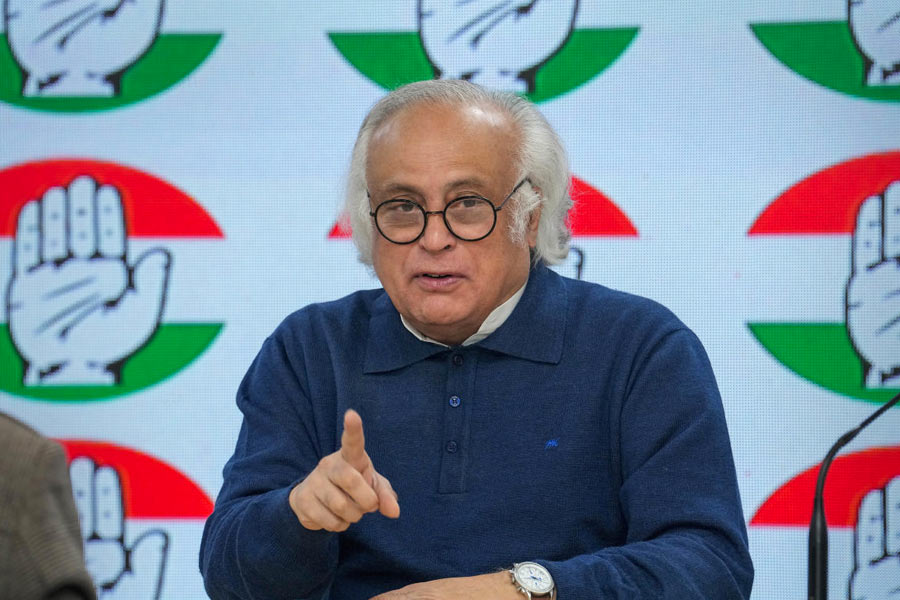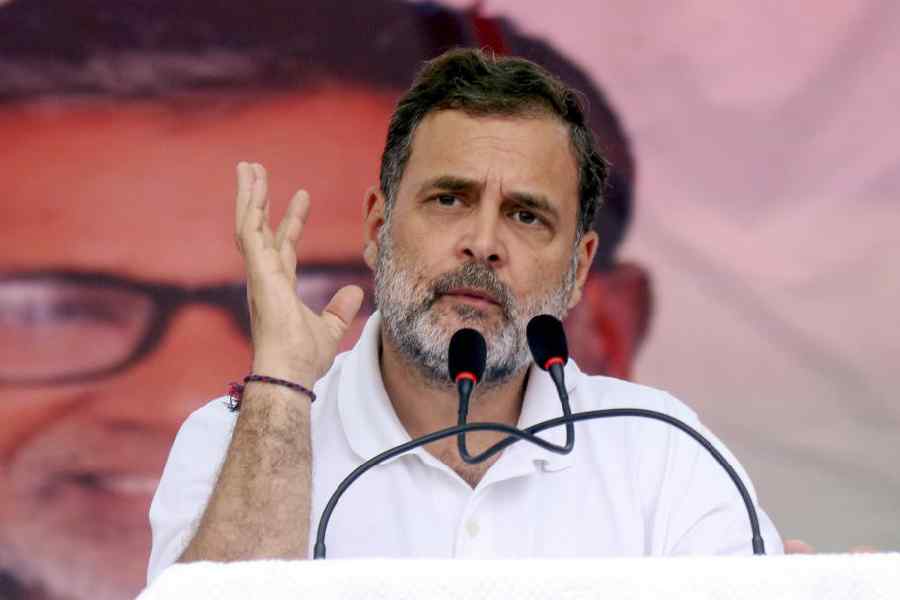The Congress on Wednesday cited reports on the US decision to supply American defence contractor Raytheon’s air-to-air missiles to Pakistan, as another example of “diplomatic setbacks” under the Narendra Modi administration.
“How quickly the diplomatic climate changes, and how quickly diplomatic setbacks accumulate,” Ramesh wrote on his X.
Ramesh referred to two notifications issued by the US department of war on awarding defence contracts.
In the first notification, according to Ramesh, issued on May 7 this year, Raytheon, was awarded the contract to supply advanced medium-range air-to-air missiles to Canada, Taiwan, Bulgaria, Hungary, Poland, Sweden, Czech Republic, South Korea, Kuwait, Japan, Finland, Germany, UK, Italy, Netherlands, Norway, Belgium, Australia, Turkey, Spain and Lithuania.
The latest notification issued on September 30 includes Pakistan along with Qatar, Oman, Saudia Arabia, Israel and Turkey for the same missiles.
Ramesh said the inclusion of Pakistan was another setback.
On Saturday, Ramesh had demanded answers from the government on why India's "once most reliable strategic ally" Russia had agreed to supply engines for Pakistan’s fleet of Chinese-made fighter jets.
Ramesh alleged that India remains unable to diplomatically isolate Pakistan.
"Pakistan's leadership -including its Army Chief Field Marshal Asim Munir, whose communally poisonous statements provided the immediate backdrop to the Pahalgam terror attack -is being courted very warmly by President Donald Trump and supplied weapons by President Vladimir Putin, all while enjoying unqualified backing from China during Operation Sindoor," the Congress chief whip in Rajya Sabha said in his post.
The Congress communications chief claimed that “years of high-profile summits, choreographed photo opportunities with hugs, and grandstanding on the world stage have failed to yield substantive outcomes”.
While India and Russia have a long-standing strategic partnership, the latter’s decision to supply engines to Pakistan has raised questions about its commitment to India. The deal may also have implications for India’s defense procurement plans, including the purchase of S-400 missile systems and Su-57 stealth fighters from Russia.
Russian defence experts on Sunday said the reported sale of RD-93 engines to Pakistan for integration into the JF-17 will actually benefit India, dismissing the criticism by the Congress.
“I don't think the criticism here is justified. If reports about Russia providing engines for the JF-17 are correct, it actually benefits India..the new aircraft will be familiar and predictable to India, especially since they share the same engine and India observed the JF-17's operational use during the May 2025 crisis (Operation Sindoor),” Pyotr Topychkanov, who heads the Section on New Challenges in South and Southeast Asia at the prestigious Moscow-based Primakov Institute, told PTI.











